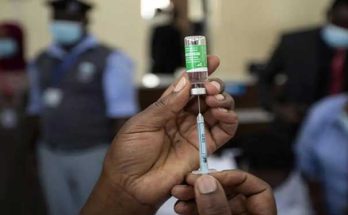 The 2012 Solar Water Heating Regulations requires all existing buildings within the jurisdiction of local authorities with hot water requirements of a capacity exceeding 100 litres per day to install and use solar heating systems only.
The 2012 Solar Water Heating Regulations requires all existing buildings within the jurisdiction of local authorities with hot water requirements of a capacity exceeding 100 litres per day to install and use solar heating systems only.
The landlords were given a 5 year period to comply with the new directive. The regulation was expected to be effective from May this year. However, ERC said it will give property owners six more months to enable them to secure financing and installations.
Kenya came up with the solar water heaters requirement in efforts to encourage the use of renewable sources and ease pressure on the national grid.
As heating water requires a huge amount of energy it turns out to be very expensive. It is believed that 18% of domestic energy is used to heat water.
In most homes and businesses this energy is generated from fossil fuels – gas and oil.
In solar thermal panels, the sun’s energy is used to heat water which is stored in a hot water tank and drawn on when required. Usually, there is an immersion heater or additional boiler for back-up which can heat the water to the temperature you want in the winter or provide additional water in the summer.
It is usually a good idea to get a professional installer to view your house to check if your roof is suitable and also to check how efficient your panels will be. There may be too many trees or other types of shading around your house to provide a return on your investment.
If roof space allows, Solar water heating can also be combined with solar PV. This, in turn, means that some of the electricity generated from the solar PV panels can be used to top up the solar heated water to the temperature required. This combination of panels is the most efficient way of generating your energy requirements.



